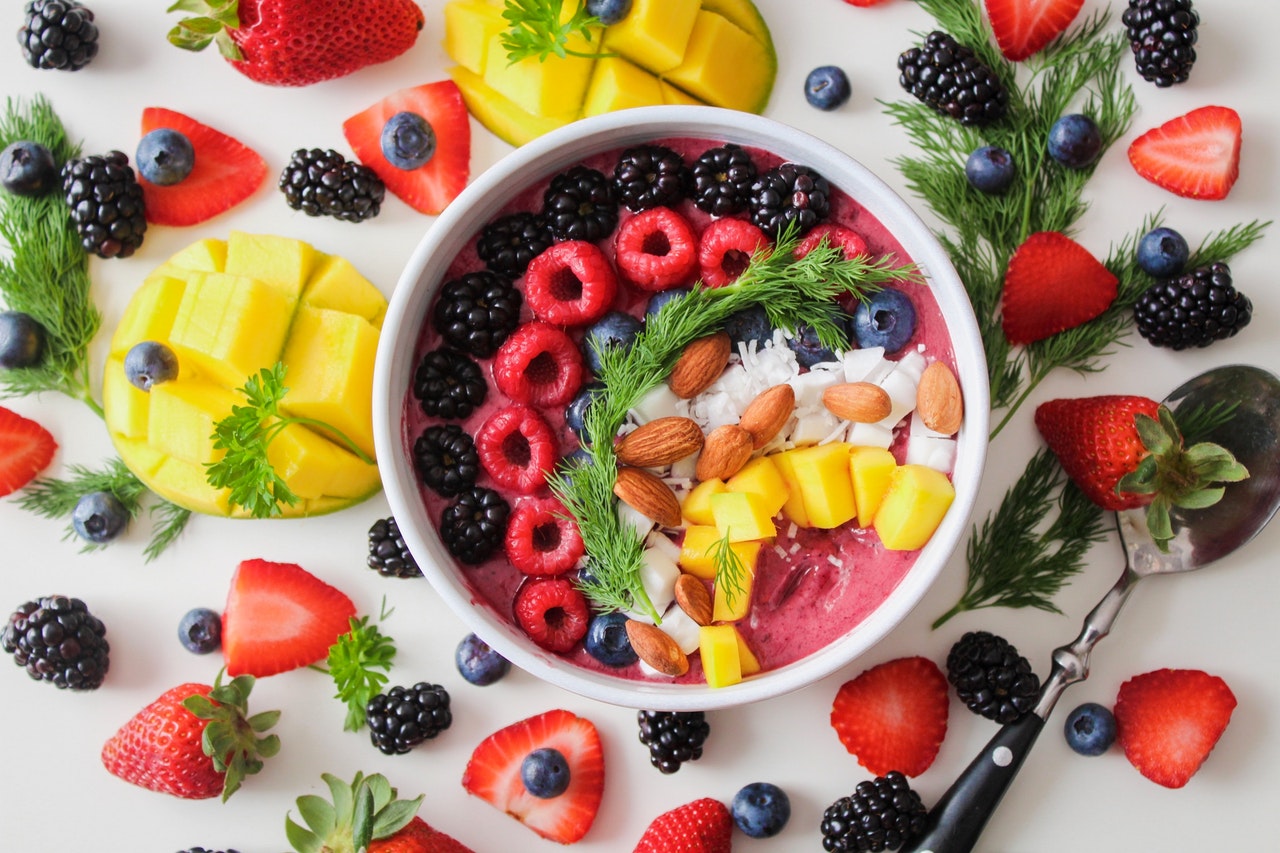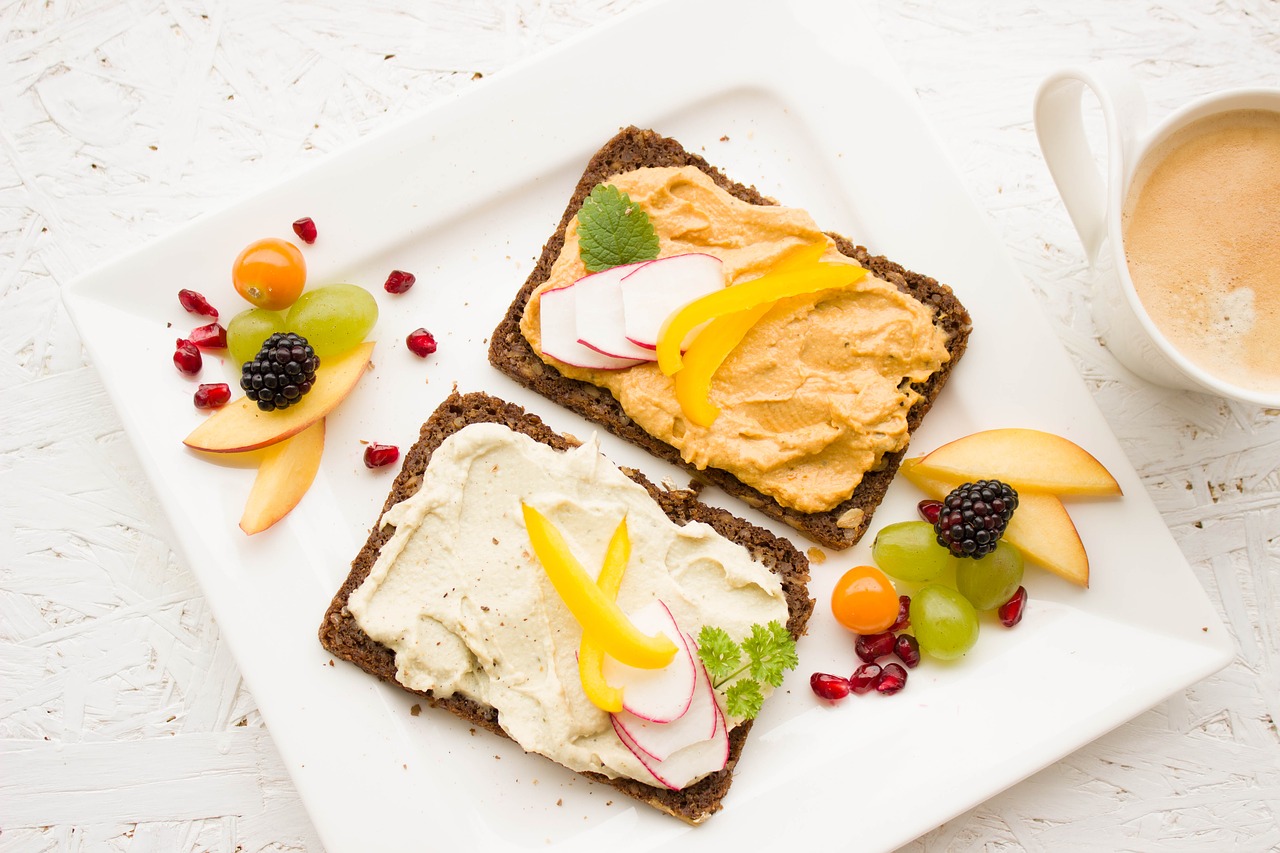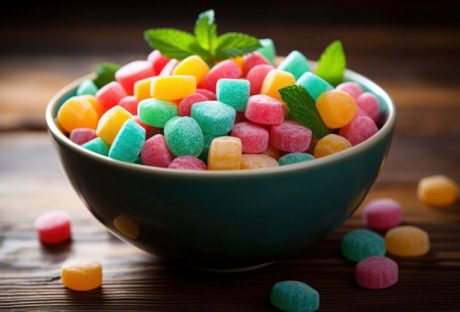You must have heard someone say “you are what you eat” at some point in your life but have you ever wondered what exactly does it mean?
We’re all aware that the food we consume fuels our body, yet we tend to focus only on the long-term effects of our eating habits instead of the short term consequences of the decisions we make during lunchtime. Perhaps, our eating choices have a profound effect on our mental performance and productivity levels throughout the day. But how exactly does FOOD have the power to do that? And how can you control your productivity by watching what you eat? If you want to find the answers to all such question, keep on reading this article and we guarantee a lot of things will become clear to you.
The Link Between Food And Productivity
Our diets have a much greater impact on our productivity than we realize. In fact, eating the wrong foods at the wrong times can turn your day upside down. Essentially, whatever you eat has a way of making its way to your bloodstream and eventually reaching your brain. This is because almost every food item that we eat is broken down into glucose in our bodies. Glucose is a simple carbohydrate that can easily cross into the bloodstream to fuel our entire body and keep our brain awake. So when our body is short on glucose, like on an empty stomach, our brain finds it hard to concentrate, focus and perform.
But since everything we eat is eventually broken down into glucose, what difference does it make if we eat a bowl of vegetable salad or two scoops of ice cream? Well, here’s the thing: the ability of a certain food to fuel our body and brain depends on the rate at which it can release glucose into our blood, also called the glycemic index (GI).
Foods with a low glycemic index like oats or healthy salads release glucose slowly yet sustainably in the blood, regulating blood sugar levels and optimizing brain activity. On the other hand, foods with a high GI such as white rice an ice cream rapidly release glucose in the bloodstream, providing a burst of energy which the body can use immediately. However, the downside is that you’ll be left unfocused and distracted only after a few hours of eating.
Moreover, starchy and sugary foods with high GI can impact sleep cycles and actually kill productivity. A sudden spike in blood sugar level increases insulin production in the pancreases which, in turn, floods the brain with hormones like serotonin. Serotonin is a neurotransmitter that also acts as a precursor for the sleep hormone melatonin and regulates circadian rhythms which manage the internal clock of the body and the sleep-wake cycles. Thus, aligning your diet with the circadian rhythms allows you to harness your full potential and make the most of the day.
How To Improve Cognitive Performance With Food
Now that we have established the link between food and productivity, let’s learn how you can attain a greater mental efficiency by watching your diet and tweaking your lifestyle. Here are some research-based strategies worth giving a try.
Watch What You Eat
Perhaps, the most important thing you need to do is to keep a check on what you eat. Processed and junk foods spike blood sugars and have a negative relationship with productivity. Instead, make such healthier foods readily available and stack them in plain sight since you’re more likely to eat the first thing you see when you’re hungry. Here are some brain fueling foods you should consider:
- Fish: A classic brain-food, fish is rich in omega 3 fatty acids that are known to optimize brain function and development and maintain overall energy levels.
- Dark Chocolate: Dark chocolate has a high content of caffeine that is a well-known concentration booster.
- Nuts and seeds: Nuts and seeds rich in Vitamin E and other antioxidants reduce cell inflammation and prevent cognitive decline.
- Fruits and vegetables: Most fruits and vegetables have a low glycemic index and hence are excellent brain power foods. Carrots, avocados, and blueberries are some choices you can opt for to increase your brain activity.
Don’t Skip Breakfast
In a study published by Roy Baumeister in his book, all children in a class were asked to skip breakfast before coming to school. Then, half of them were fed with a healthy breakfast after coming to school and it was observed that these children displayed better learning patterns and behavior than the other lot. When the unfed children were given a healthy snack during mid-day, their performance also improved. This study perfectly depicts the significance of eating proper breakfast every morning so make sure not to skip on this important meal even if you’re running low on time.
Have Small Meals Throughout The Day
Since unregulated blood sugar levels can suppress productivity, it’s wise not to let your glucose levels hit the bottom throughout the day. Thus, feast on small and frequent meals during the course of the day to maintain consistent blood sugar levels. You can have small portions of meals during lunch and dinner time and supplement them with 2 healthy snacks at mid-day and evening to fuel your brain more efficiently.
Plan Your Meals Beforehand
Last-minute eating decisions are not always the best ones since you’re more likely to cave in on unhealthy food cravings that are quite an inefficient source of energy. Hence, it’s good to plan your meals before you get hungry so that you don’t make unhealthy food choices later on. You can prepare your weekly meals over the weekend to save time on weekdays and stay away from ordering unhealthy food out of sheer laziness. Or you can order weekly meal sets from healthy food delivery services like ActivEats if you don’t have the time to cook for yourself.
Perhaps, the key to productivity is in your own hands and making subtle changes in your lifestyle and eating habits like those mentioned above can be a step closer to achieving maximum productivity.
Read Also:
























